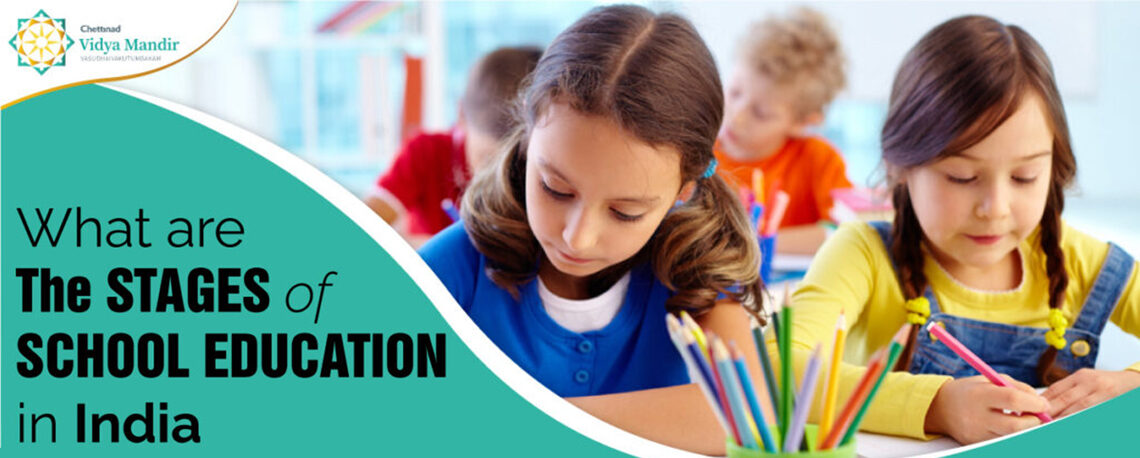In the process of learning teaching and training human capital is education. It promotes and increases the knowledge and results in better skill development which improves the quality of human capital. The Indian government has always valued the importance of education in our country. In India the education has 3 stages including primary secondary and higher secondary and higher education. The schooling lasts for around 12 years in India even though there are considerable differences between the different stages.
The differences are in terms of organizational patterns in the first 10 years of schooling. The government is also coming to ensure that the universal elementary education for all kids aged 6 to 14 years. Primary school includes children of 6 to 11 and organised into classes standard 1 to 5. Secondary school students are aged 11 to 15 and they are organised inter classes 6 to 10.
The higher secondary school students age 16 to 11 enrolled in classes 11 and 12. Hence 9 to 12 classes are classified under high school category under such cases. Higher education in India allows students to get specifications in fields and includes technical schools like Indian Institute of Technology etc.
Stages of school education in India:
Primary education
Primary education includes 3 stages primary and middle. The lower primary includes standards from class one to class 5 and upper middle or middle that is from class 6 to class 8. The primary education is mandatory and also free in India. The primary education starts around the age of 6 middle or upper primary school education that ends at age of 14. School is proposed at private or state-run schools. The private schools often have the best facilities and infrastructure is amazing as compared to the government schools stop the regional language is the medium of guidance for several primary schools and English is the second language that usually starts in class 3.
Secondary education and higher secondary education
Secondary education in India is segregated into 2 stages that is lower standard 9th and 10th and the higher secondary education includes 11th and 12th. Under this student take examinations that are state controlled. They also go through central examination boards. Additionally the standard 10th and standard 12th examinations are set by the boards and they also allots a school leaving certificates at affiliated schools. The academic and research support from the government sponsored National Council of educational research and training while the administration of the school education in India is given by the respective state Ministry of Education in the central education department.
Secondary education is quite important in the educational pattern of our country. It links between the primary education and the higher education. The primary education aims to provide minimum requirements for your survival while the secondary education allows you to become a full member of the challenging society. There are 4 boards operating international level including central board of secondary education council for the Indian school certificate examination National Institute of open schooling board and state government boats. Secondary schools are approved by the state board that is relevant to your location or one of the national boards.
Higher education in India
The higher education sector is 3rd largest in the world when it comes to the number of students. It relates to studying in colleges universities and other research centres. A student generally goes for higher study after completing 12 standards. Our country has around 380 colleges universities and hundreds of national and regional research institutes. The higher education institutes in India follow specific rules that are made by the state and the central government. They are also sanctioned and autonomous bodies that are running in the country to regulate the higher education system in India. Higher education system has different types of education that is given under postsecondary institutions of learning.
At the end of the course of a study like degree diploma or certificate of higher studies you can be ready for the real world. The higher education institutions include universities and colleges besides several professional schools that provide preparation in fields like medicine business law music and art. It covers teacher training schools like junior colleges and technology institutes. The basic requirement for the higher education institution is the completion of your secondary education. Generally, students must be 18 years old to get admission in the higher education institutes.
Hence these are the stages of education in India. You can understand all the stages and decide which stage you fall into.

